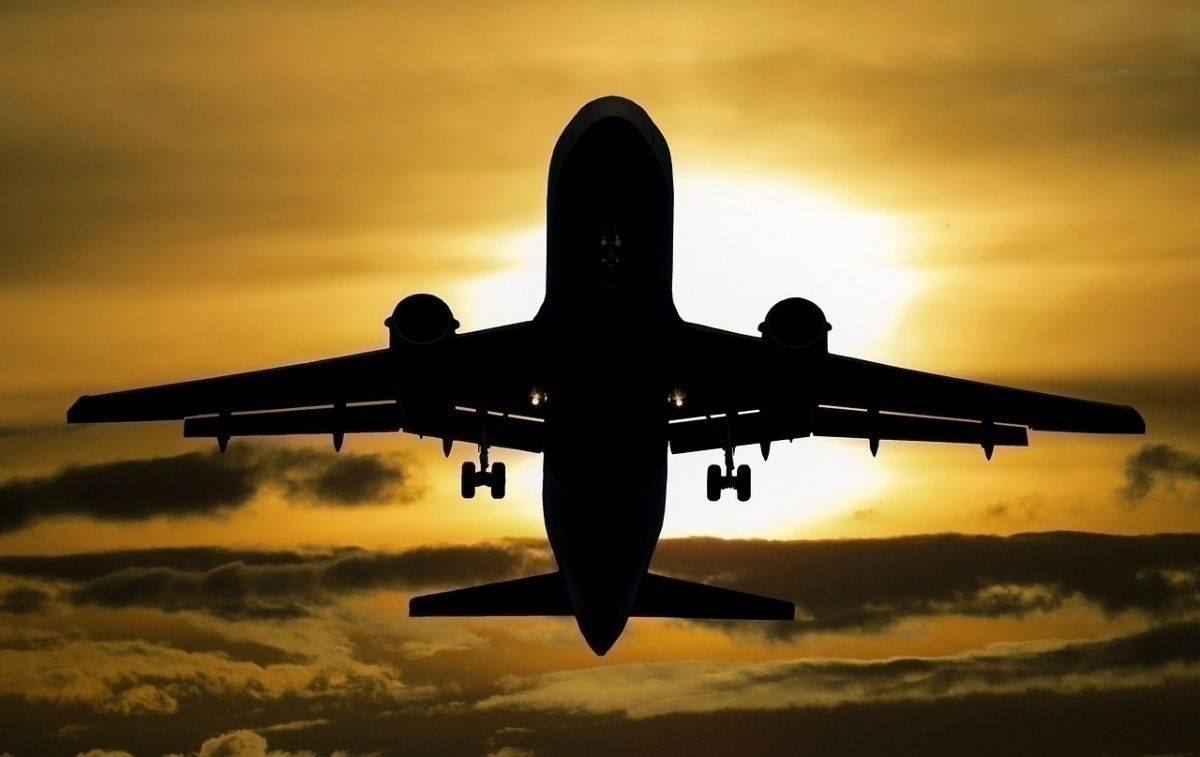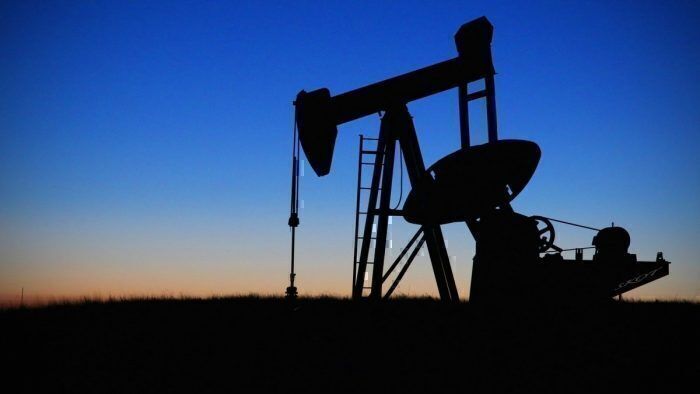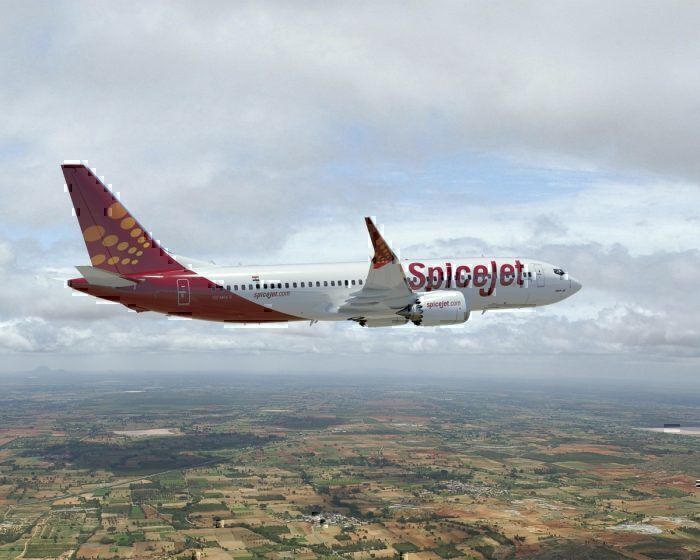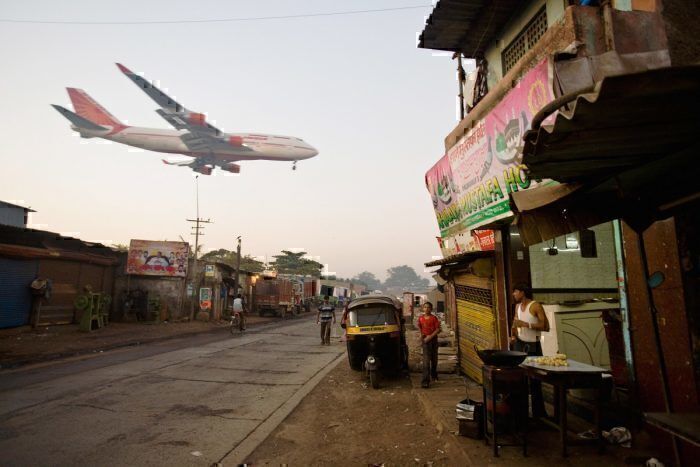The United States airstrike that killed a top Iranian General in Baghdad could have a crushing impact on global airlines, as the price of crude oil spiked in the hours following the attack. At one point, the price per barrel rose by more than 4%, coming close to $70 a barrel. Analysts are warning that more rises are likely, as Iran vows vengeance for the attack.
Oil prices spike
The Guardian is reporting that the price of Brent Crude have risen by more than $2 a barrel after the airstrike, ordered by Donald Trump, took out one of Iran’s most powerful military leaders. General Qasem Soleimani was killed in a US drone strike at Baghdad airport earlier today, along with other Iran-backed militia figures, in a move the Pentagon described as ‘defensive’.
In a report by the BBC, the Pentagon defended the strike saying that the general had been "developing plans to attack American diplomats and service members in Iraq and throughout the region". It added that "this strike was aimed at deterring future Iranian attack plans."
In the hours following the strike, the price of crude oil rose by more than 4%, at one point hitting $69.50 a barrel. This is the highest price it has been seen at since September. Despite the spike, the price of oil remains lower than it was at its peak in 2019. In April, the highest price was recorded at $75 a barrel.
Airline stocks sink in response
A rise in price of oil is not good news for any industry reliant on fossil fuels, but none is set to be harder hit than aviation. With fuel costs making up between 22% and 30% of an airline’s expenses, any sudden change in the price can be catastrophic for those already in a precarious financial situation.
Seeking Alpha reports that shares in many of the world’s biggest airlines are down. American Airlines is down 2.69%, Delta by 2.54% and United is down 2.60%. And it’s not just the US airlines which are being hit. India Today reports that shares in InterGlobe Aviation (owners of IndiGo) fell by 1.8% and that SpiceJet tumbled by a staggering 4.4%.
Repercussions for airlines
India is worried about the effect of escalating Middle East tensions on its economy, particularly as the nation imports 80% of the fuel it needs. Fuel requirements make up a huge proportion of its airline’s costs, with LiveMint citing around a third (33%). If fuel prices continue to rise, the future of Indian airlines could be at risk.
An airline executive spoke to LiveMint on agreement of anonymity, saying that if oil rose to above $70 a barrel, “there’s a high chance that an Indian airline could go bust.” Ajay Bodke, chief executive of portfolio management services at Prabhudas Lilladher in Mumbai warned of further price rises, telling NDTV,
"Iran will certainly retaliate... Oil is likely to be on boil. Bad for large oil importing countries, especially those with large trade and current account deficit like India.”
But it’s not just Indian airlines who should be worried. Further price rises risk bringing trouble to every corner of the aviation world, particularly to those airlines who do not use fuel hedging to protect themselves from such events.
2019 saw a spate of airline bankruptcies on the back of crude oil reaching $75 a barrel. If this latest geopolitical event brings us even close to that level, we could see history repeating itself before 2020 even got started.




